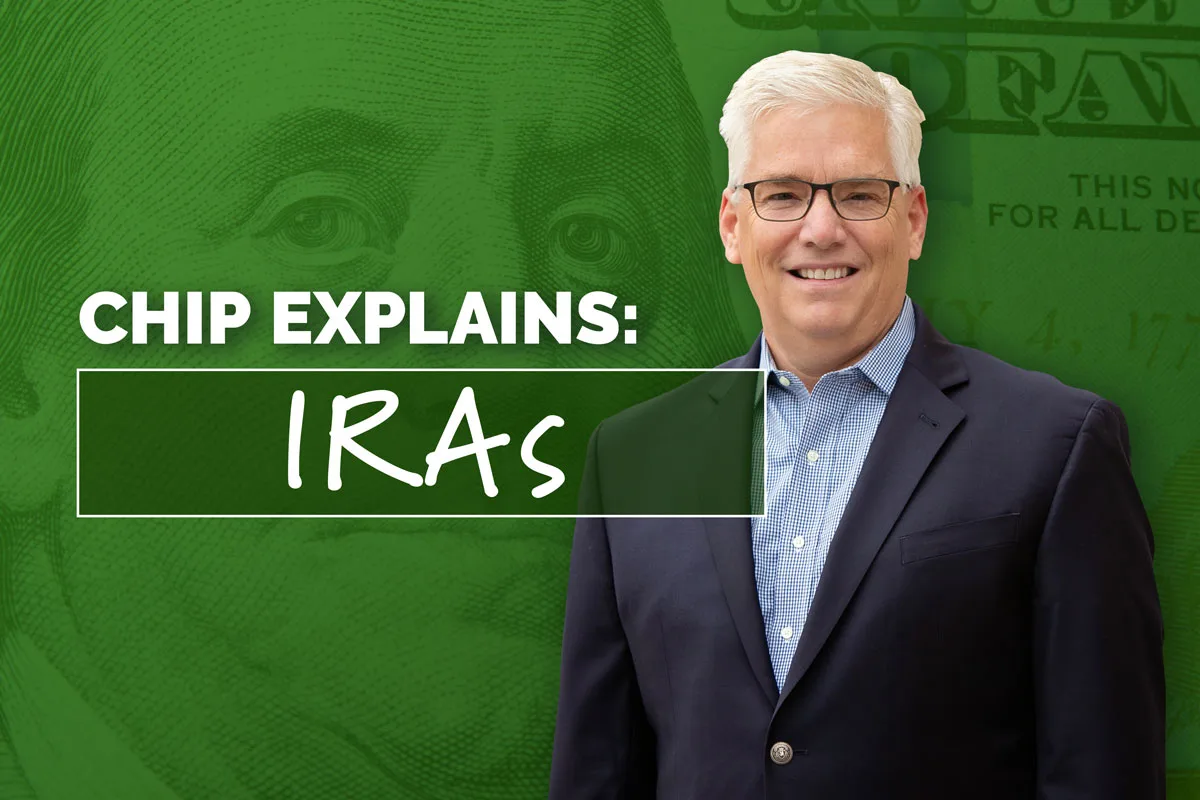Planning for retirement is essential for achieving financial security in your golden years. One popular tool for retirement savings is the Individual Retirement Account (IRA). In this guide, we’ll explore what IRAs are, how they work, and why they’re an essential part of retirement planning.
Table of Contents
What is an IRA?
An Individual Retirement Account (IRA) is a tax-advantaged investment account designed to help individuals save for retirement. Unlike employer-sponsored retirement plans such as 401(k)s, which are offered through your workplace, IRAs are available to anyone with earned income.
Types of IRAs
There are several types of IRAs, each with its own set of rules and benefits:
- Traditional IRA
With a traditional IRA, contributions may be tax-deductible, and earnings grow tax-deferred until withdrawn in retirement. However, withdrawals are subject to income tax, and there are penalties for early withdrawals before age 59½. - Roth IRA
Roth IRAs offer tax-free withdrawals in retirement. While contributions are made with after-tax dollars and are not tax-deductible, earnings grow tax-free, and qualified withdrawals are not subject to income tax. Additionally, Roth IRAs offer more flexibility with early withdrawals of contributions (not earnings) penalty-free. - SEP IRA
Simplified Employee Pension (SEP) IRAs are designed for self-employed individuals and small business owners. Contributions to a SEP IRA are tax-deductible, and earnings grow tax-deferred until withdrawn in retirement. SEP IRAs also have higher contribution limits compared to traditional and Roth IRAs. - SIMPLE IRA
Savings Incentive Match Plan for Employees (SIMPLE) IRAs are available to small businesses with 100 or fewer employees. They offer tax-deferred growth and may require employer contributions. However, they have lower contribution limits compared to SEP IRAs.
How Does an IRA Work?
Opening an IRA is relatively straightforward. You can open an account with a bank, brokerage firm, mutual fund company, or other financial institution. Once your account is open, you can contribute funds and invest them in a wide range of options, including stocks, bonds, mutual funds, and exchange-traded funds (ETFs).
Benefits of an IRA
IRAs offer several benefits that make them attractive retirement savings vehicles:
- Tax Advantages: Traditional IRAs offer tax-deductible contributions, while Roth IRAs provide tax-free withdrawals in retirement. Both types of IRAs offer tax-deferred growth, allowing your investments to compound over time without being eroded by taxes.
- Flexibility: IRAs offer flexibility in investment choices, allowing you to tailor your portfolio to your risk tolerance and investment goals. Additionally, Roth IRAs allow penalty-free withdrawals of contributions (not earnings) at any time, providing a source of emergency funds if needed.
- Portability: Unlike employer-sponsored retirement plans, which are tied to your employer, IRAs are portable. You can maintain control of your IRA regardless of job changes, and you can consolidate multiple retirement accounts into a single IRA for easier management.
Considerations for Opening an IRA
Before opening an IRA, consider the following factors:
Contribution Limits
IRAs have annual contribution limits set by the IRS. For 2022, the contribution limit for traditional and Roth IRAs is $6,000 for individuals under age 50 and $7,000 for individuals age 50 and older (including catch-up contributions).
Income Limits
While anyone with earned income can contribute to a traditional IRA, there are income limits for contributing to a Roth IRA. Additionally, high-income earners may be limited in their ability to deduct contributions to a traditional IRA.
Investment Options
Different IRA providers offer varying investment options and fee structures. Consider your investment preferences and the costs associated with maintaining the account when choosing a provider.
In Conclusion
Individual Retirement Accounts (IRAs) are powerful tools for retirement savings, offering tax advantages, investment flexibility, and portability. Whether you opt for a traditional IRA or a Roth IRA, investing in an IRA can help you build a nest egg for a secure and comfortable retirement. Start planning for your future today by opening an IRA and taking advantage of its benefits.


